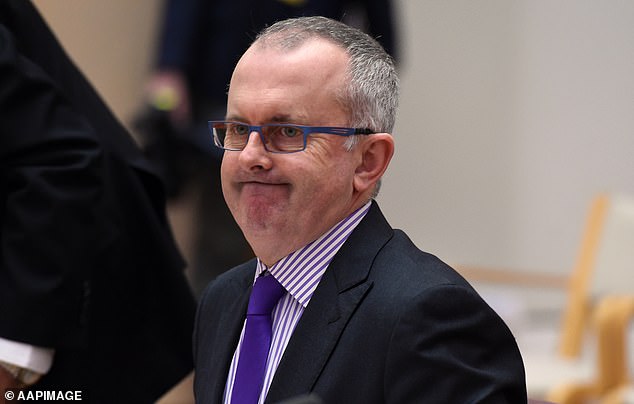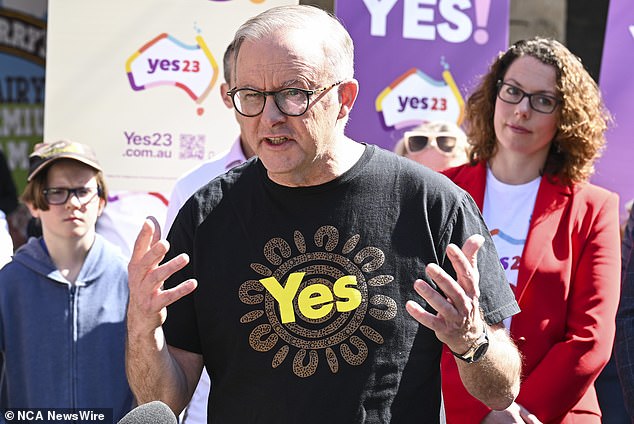Indigenous Voice to Parliament: Reason why 40,000 Aboriginals cannot vote in the referendum
Indigenous vote for parliament: reason why 40,000 Aboriginal people cannot vote in the referendum
Up to 40,000 Indigenous Australians will not vote in the upcoming referendum, a Senate inquiry has found.
An estimated 30,000 to 40,000 Indigenous peoples are not registered to vote on whether to enshrine a First Nations Voice to Parliament in Australia’s constitution on Oct. 14, according to Australia’s Electoral Commission chief Tom Rogers.
Senators were told the government had not seized a “missed opportunity” to draft and pass legislation in time to provide voter registration for people on the day that would allow a significant portion of indigenous people in remote and rural areas to commanded to participate.
Up to 40,000 Indigenous people are not registered to vote as Australia is about to decide whether to admit an Indigenous Voice to parliament when the Voice referendum is held on October 14.
Mr Rogers said Australia’s Indigenous voter numbers are in the best shape it has ever had, with a 20 per cent increase in registered voters since 2017.
“The number of the estimated unregistered Indigenous population has fallen below 50,000 for the first time in Australia’s history,” Rogers said on Wednesday.
As of June 2023, the estimated percentage of national voter registrations is over 97 percent, while the percentage for Indigenous voter registrations is 94 percent.
Thousands of incarcerated Indigenous Australians will also not be able to vote in the referendum, the Senate was told, despite the Greens’ attempts to amend laws barring people who have served more than three years in prison the right to vote at federal elections or referendums.

Despite tens of thousands of Indigenous Australians not registered to vote in the upcoming Voice referendum, Australia Electoral Commission boss Tom Rogers said the number of Indigenous voters has risen by 20 percent since 2017.
According to the Australian Bureau of Statistics, over 30 percent of Australia’s prison population identifies as Aboriginal or Torres Strait Islander.
The AEC commissioner told the senators he had written to prison bosses across the country about whether they would support a bill change and to ensure that inmates who were eligible to vote could do so.
“Some have said they’re glad we’re actually going to vote in prisons, as we did many, many years ago. Others did not prefer it as a voting method because it was disruptive, and they would have preferred us to cast postal votes, which we have effectively done for the last few elections,” said Mr. Rogers.
Mr Rogers also noted that the AEC has clocked an ‘extraordinary’ stream of online aggression in recent weeks, raising concerns about the safety of polling stations and volunteers on referendum day.

Support for The Voice has plummeted with the latest Newspoll showing that the number of people planning to vote no has risen to more than 50 percent
He cited an incident during the NSW state election in which volunteers were videotaped and harassed outside voting booths
“What we’re seeing right now is a greater level of aggression online than we’ve ever seen,” he said.
“We’ve looked at this in terms of the upcoming referendum and for the future, because it seems to escalate with every event, this level of aggression and disinformation.”
